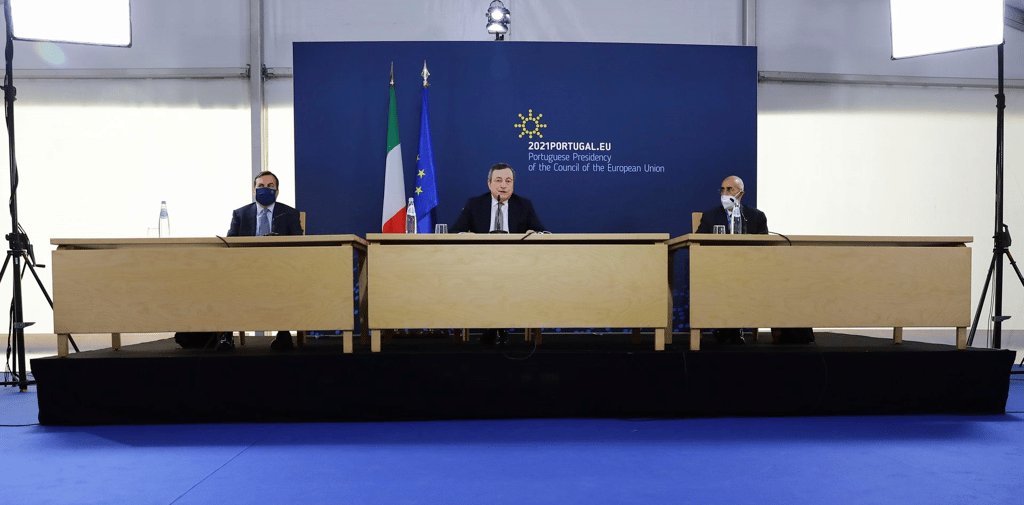EU, UK, US, and Canada Sanction Chinese Officials Over Xinjiang, Threatening EU Investment Deal
In March 2021, the European Union, the United Kingdom, the United States, and Canada imposed coordinated sanctions on Chinese officials, triggering swift diplomatic countermeasures from the Chinese government and escalating tensions between Beijing and the West.
CHINA,POLITICS
Global N Press
3/15/20211 min read


In March 2021, the European Union, the United Kingdom, the United States, and Canada imposed coordinated sanctions on Chinese officials, triggering swift diplomatic countermeasures from the Chinese government and escalating tensions between Beijing and the West.
In a coordinated move in March, the EU, UK, U.S., and Canada imposed sanctions, including travel bans and asset freezes, on multiple Chinese officials and entities over alleged human rights abuses against the Uyghur minority in Xinjiang. This marked the EU’s first human rights sanctions against China since 1989. In a swift and firm counter-response, China's Ministry of Foreign Affairs immediately announced reciprocal counter-sanctions against EU lawmakers, scholars, and entities. This diplomatic fallout caused the ratification process for the Comprehensive Agreement on Investment (CAI) between China and the EU to be indefinitely frozen by the European Parliament, putting the deal in jeopardy.
The incident signaled a public and fundamental conflict between China and Europe/North America over ideology and human rights. From a conservative perspective, the Western sanctions were seen as crucial for upholding the rules-based international order and the universal value of human rights. The most immediate economic consequence was the likely failure of the CAI, which had been hailed as a major achievement in EU-China economic cooperation. This outcome severely hindered deeper cooperation in investment and market access, intensifying the "de-risking" trend among Western nations concerning their economic ties with China.




